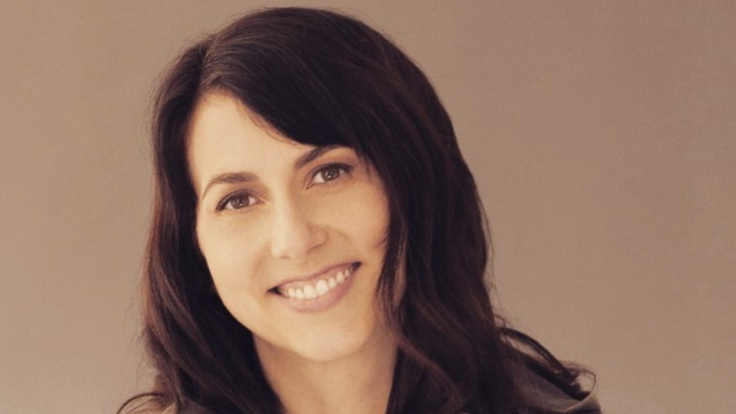Who Is Mackenzie Scott? The Billionaire Using Her Net Worth to Quietly Redefine Howard University's Future
Her $80 million gift marks a turning point for Howard University

MacKenzie Scott, one of the world's richest women, has once again captured attention for her quiet yet powerful approach to giving.
The billionaire philanthropist, who rose to prominence after her divorce from Amazon founder Jeff Bezos, recently donated an extraordinary $80 million (£60.97 million) to Howard University, marking one of the largest single gifts in the school's 158-year history.
The unrestricted donation, announced on 3 November 2025, has been described as transformative for the prestigious Historically Black College and University (HBCU).
It comes at a crucial time as Howard faces financial challenges amid delayed federal funding, positioning Scott's contribution as both timely and strategic.
From Amazon to Altruism: The Story Behind Her Wealth
Born in San Francisco in 1970, MacKenzie Scott began her career as a novelist before co-founding Amazon with Jeff Bezos in the mid-1990s.
Following their divorce in 2019, Scott received roughly 4% of Amazon's stock, instantly making her one of the wealthiest women in the world.
Today, her net worth is estimated at around $36.7 billion (£27.97 billion), according to Forbes. In October 2025, financial filings revealed that Scott had cut her Amazon stake by 42%, offloading approximately $12.6 billion (£9.60 million) in shares.
The move reinforced her intention to redistribute her wealth toward causes promoting education, equity and opportunity.
Since signing the Giving Pledge in 2019, Scott has committed to donating the majority of her fortune during her lifetime.
Reports indicate that she has already given away more than $19 billion (£14.48 billion) to over 2,000 organisations across the United States.
A New Model of Giving
Scott's philanthropic style has been hailed as a game-changer. Unlike traditional foundations that impose strict oversight, she opts for 'no-strings-attached' donations, granting institutions the freedom to allocate funds where they are most needed.
Her charitable vehicle, Yield Giving, exemplifies this philosophy. In 2024, it distributed $640 million (£487 million) in open-call grants to hundreds of small and mid-sized non-profit organisations.
A 2025 study by the Centre for Effective Philanthropy found that Scott's approach significantly improved recipients' financial resilience and long-term planning capabilities.
By challenging the bureaucracy often tied to large donations, Scott has reshaped expectations in modern philanthropy, inspiring other high-net-worth donors to consider trust-based giving.
Howard University's Historic Gift
Howard University confirmed that the $80 million (£60.97 million) contribution will be split between $63 million (£48.01 million) for the university's general fund and $17 million (£12.95 million) for its College of Medicine.
According to Fortune, the gift was announced on 3 November 2025 and represents one of the largest unrestricted donations in the university's history.
The contribution allows Howard to address pressing needs such as student scholarships, infrastructure improvements and research expansion.
University leaders described the donation as one of the most significant in its history. The funds will help support Howard's ambition to expand medical and research facilities, particularly as it works to improve access to healthcare and education for underrepresented communities.
Strengthening HBCUs and Educational Equity
Scott's gift to Howard is part of a broader philanthropic push benefiting Historically Black Colleges and Universities.
In October 2025, she donated $70 million (£53.35 million) to the United Negro College Fund (UNCF) and contributed an additional $172 million (£131 million) across multiple HBCUs.
These donations address long-standing disparities in funding between HBCUs and predominantly white institutions.
For many schools, Scott's unrestricted grants have provided breathing room to enhance student aid, recruit faculty and invest in new technology.
Education experts have noted that such gifts go beyond financial support, signalling a renewed recognition of the role HBCUs play in promoting social progress and racial equity in higher education.
© Copyright IBTimes 2025. All rights reserved.





















